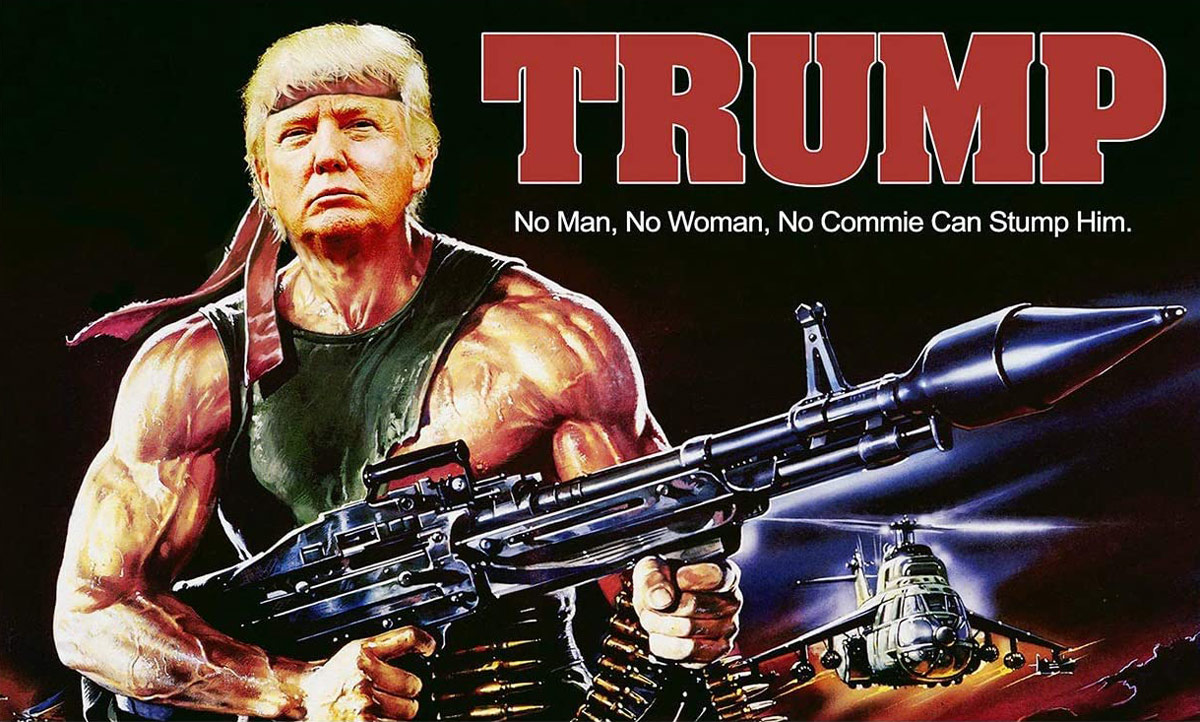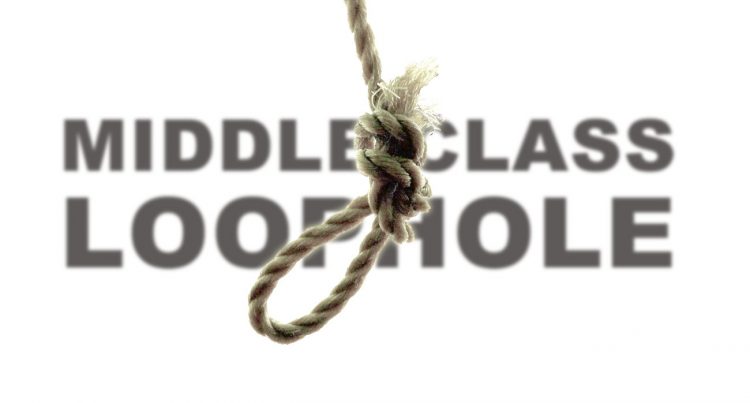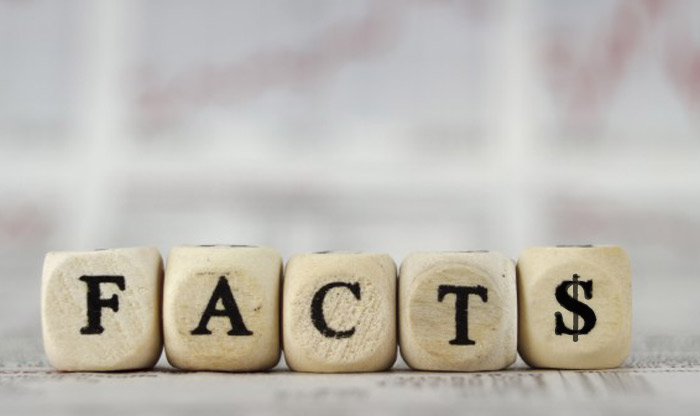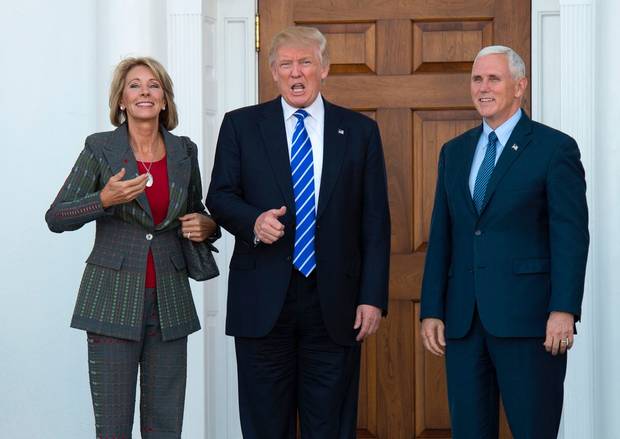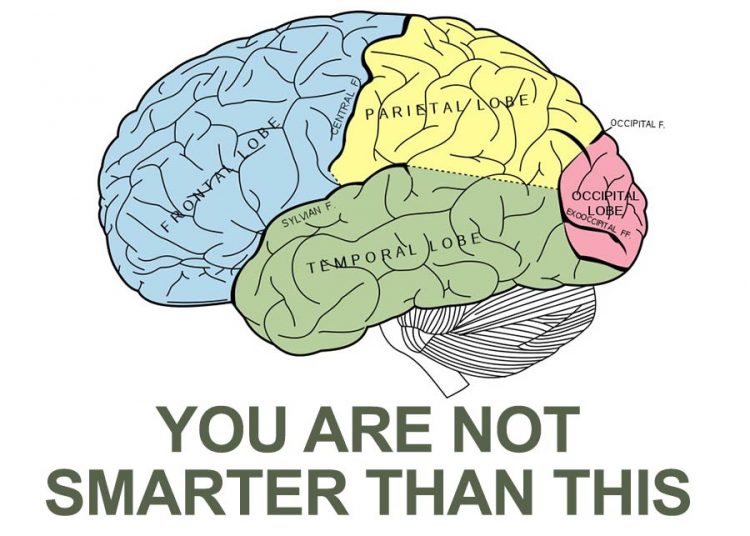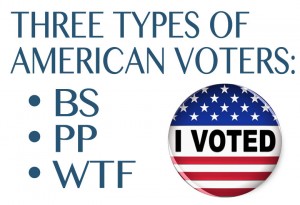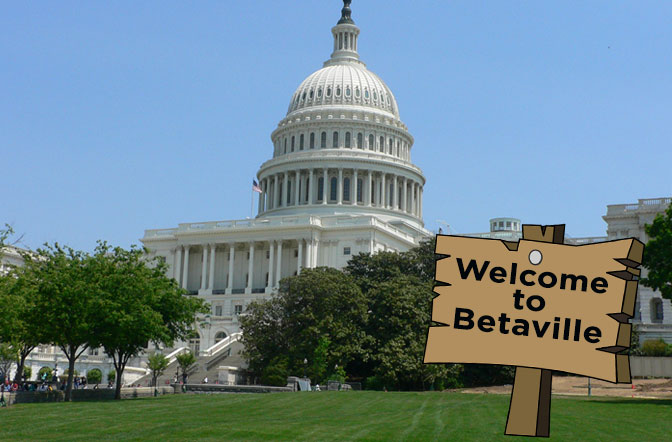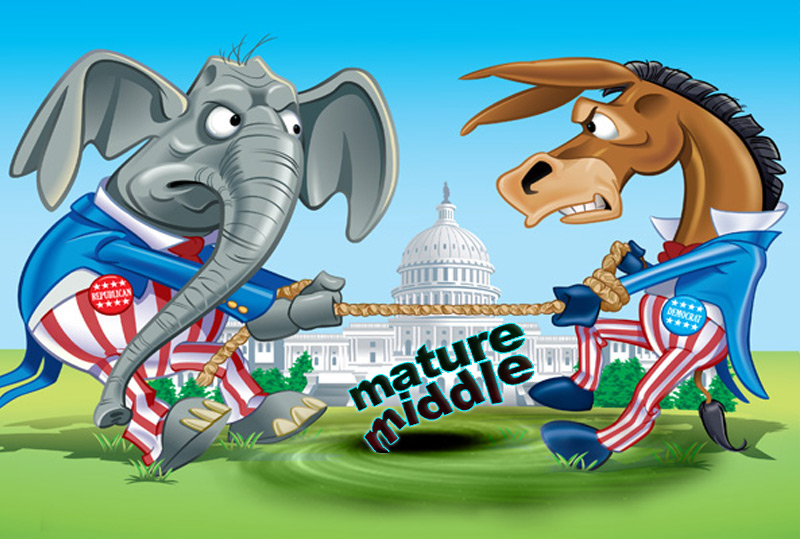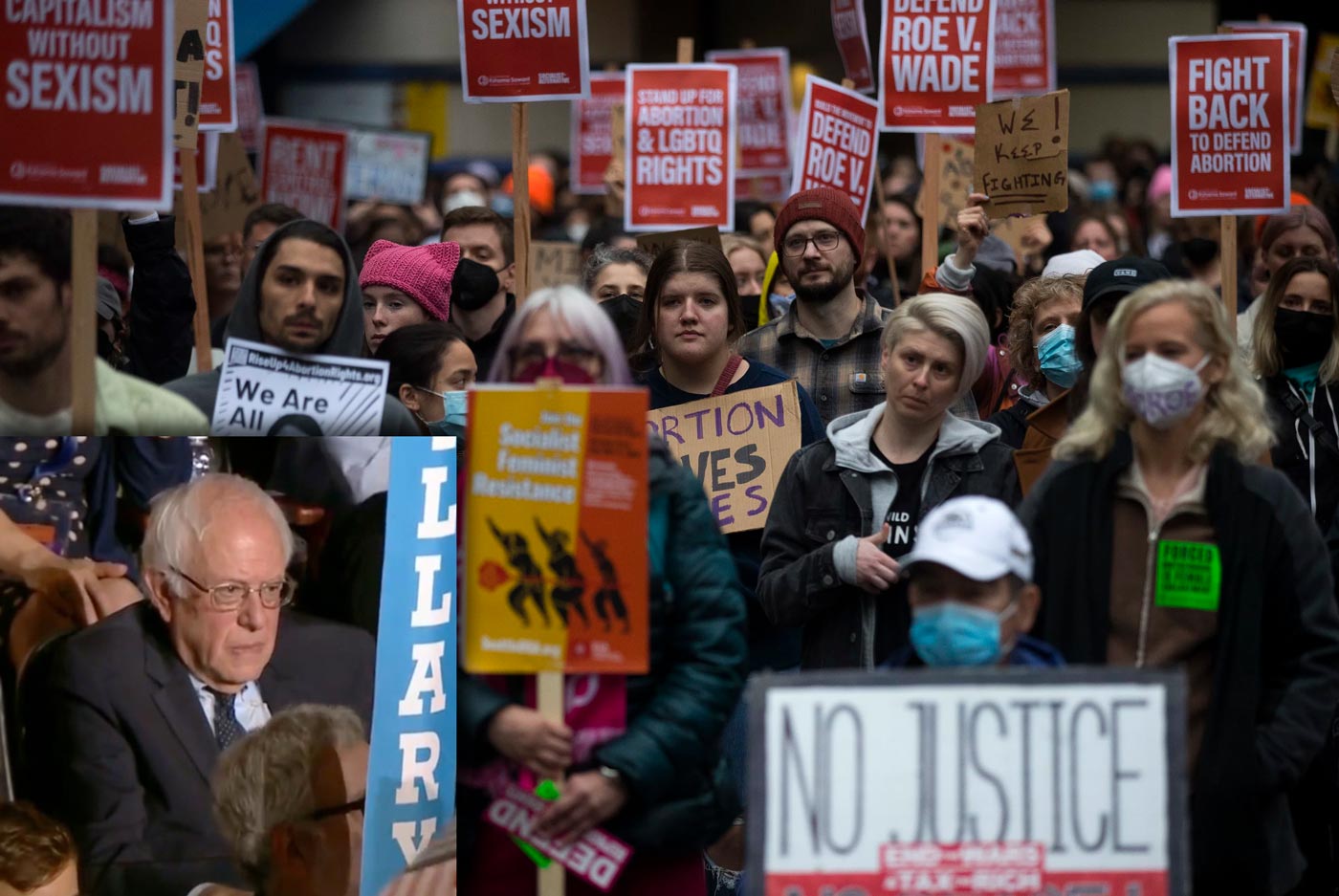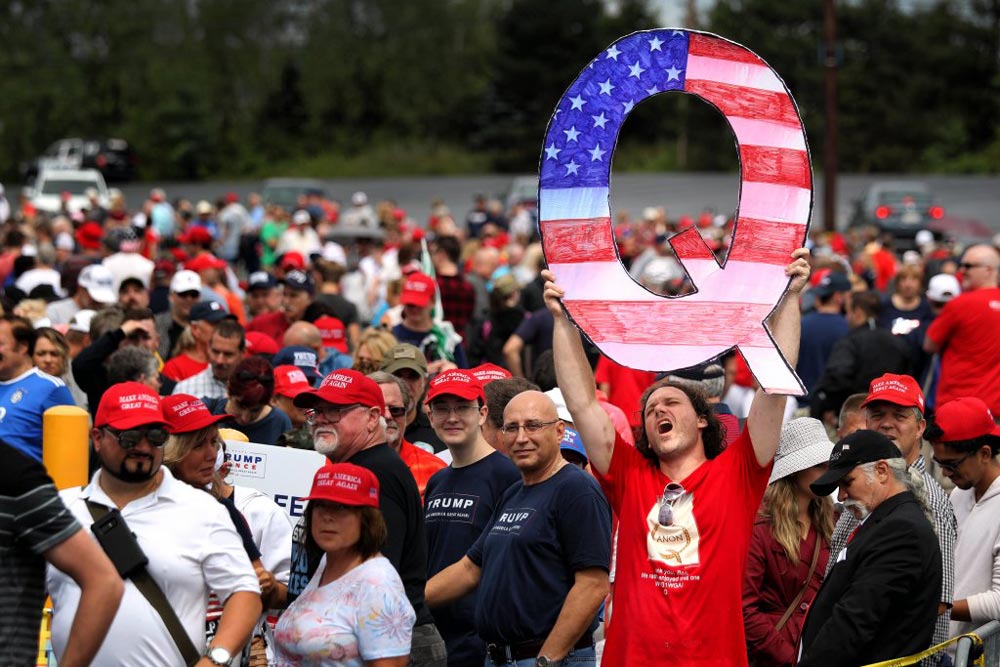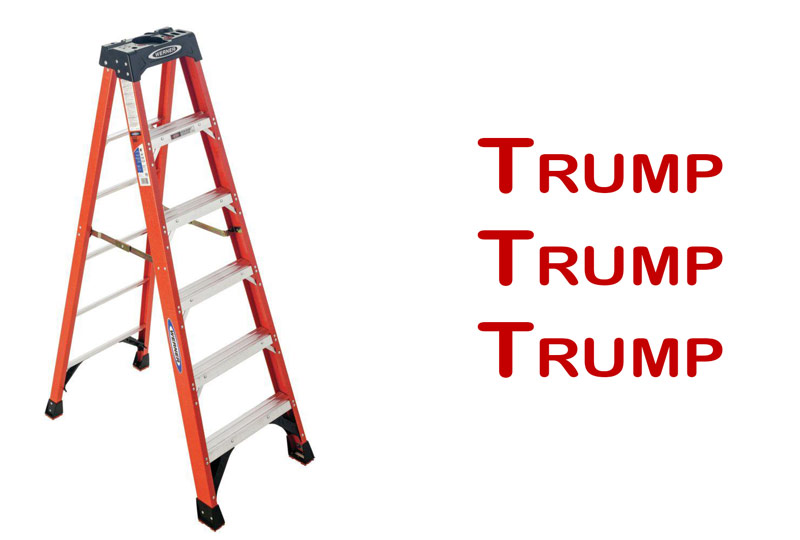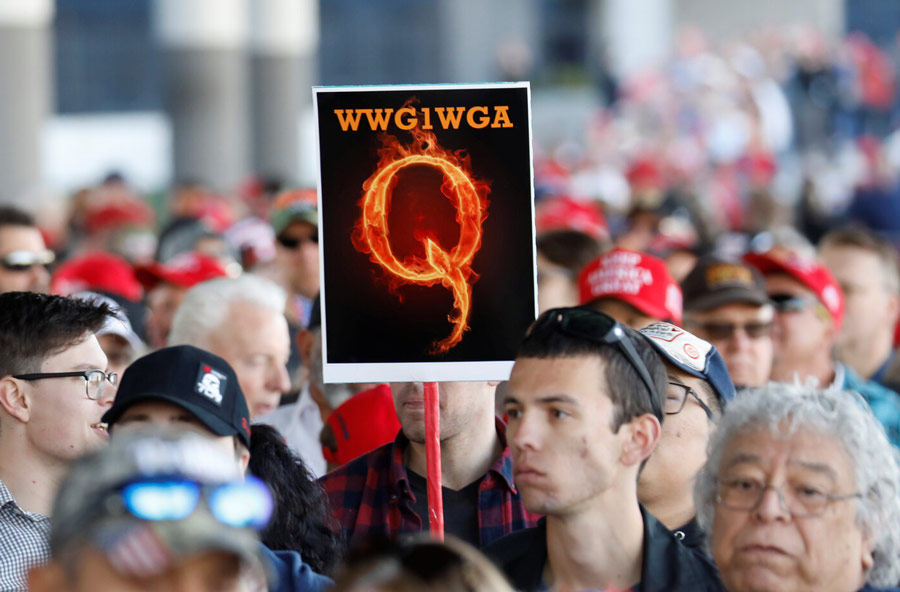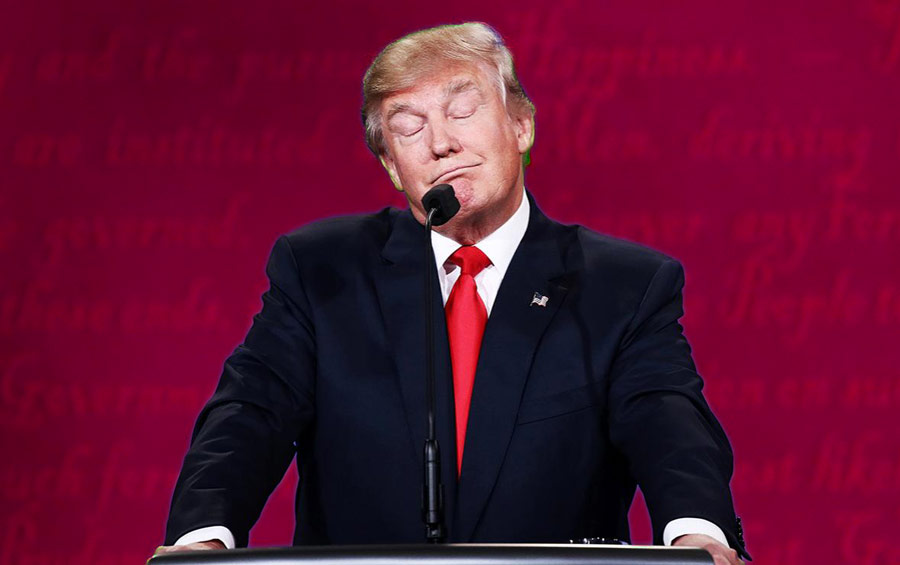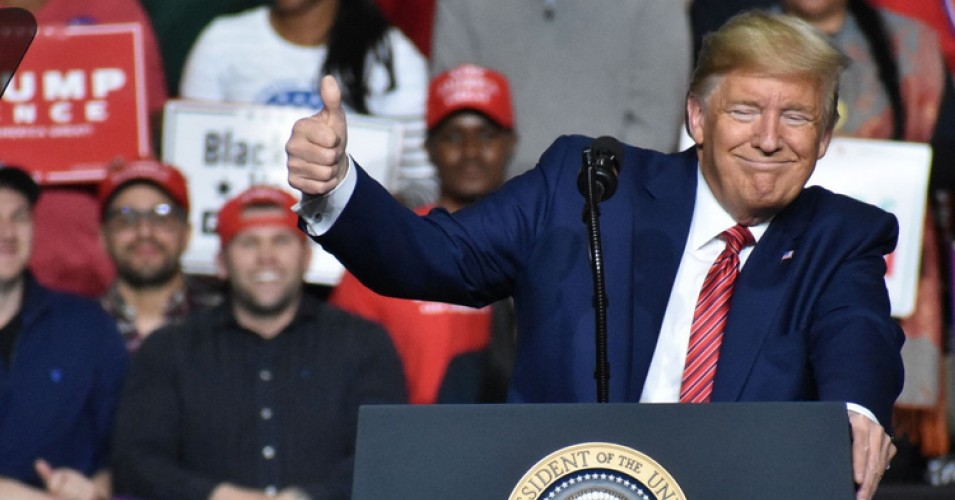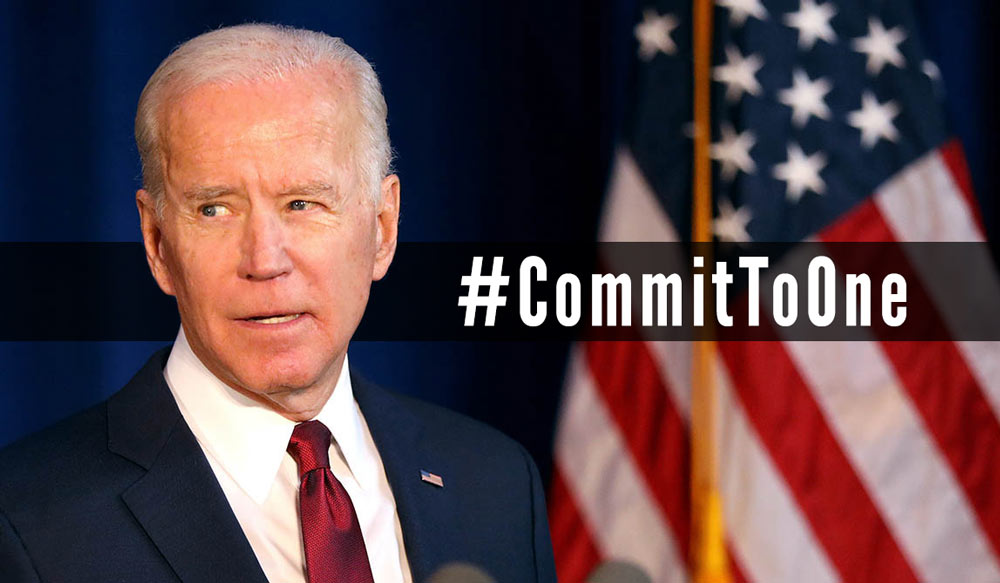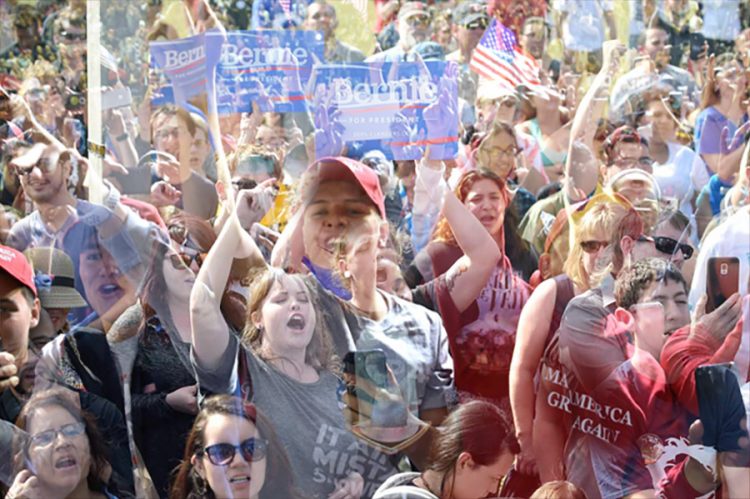 It’s easy (and often fun) to get caught up in the chaos and struggle for power and bragging rights within a political system (or a business masquerading as a political system). It’s just as easy and entertaining as pinning the tail on entire segments of people as enemies of the state (whether it be Russians, “Terrorists”, Iranians, North Koreans, Aliens, Stock Brokers, or people on welfare).
It’s easy (and often fun) to get caught up in the chaos and struggle for power and bragging rights within a political system (or a business masquerading as a political system). It’s just as easy and entertaining as pinning the tail on entire segments of people as enemies of the state (whether it be Russians, “Terrorists”, Iranians, North Koreans, Aliens, Stock Brokers, or people on welfare).
In the struggle for political and financial power in the United States, health care has become a pawn in the never-ending chess game. As such, something about health care has been lost: the purpose of health care. Moreover, we don’t ask the right questions about it anymore. For example, why do politicians see a moral obligation to treat ONLY in emergency situations, but not for long-term cures, even if in both situations the person will die if not treated? Why the difference in moral judgement and policy making when the only difference is dying now, vs. dying in 2 months (or 2 weeks) if not treated?
Also lost in the mud slinging is a very important concept: the social contract. Political parties tend to bumper sticker the social contract by shouting things like “Small Government!” at the top of their lungs, but that’s about as deep into the issue that most people, including our “leaders” tend to explore the issue.
Put these two things together, and that which we have forgotten becomes a bit more clear – at least it does for me. The social contract coupled in the same sentence as health care. What images come to mind? What arguments for or against certain policies? What matters of basic morality, secular AND religious values come to the forefront of your thought process?
Unless you’re an anarchist, you believe in some form of a social contract. You are born into a society. That society has all the make ups that keep it a society: government, culture, borders (unfortunately), an economy, etc. In exchange for all of those things, you, as a person within that society who benefits from all of the things it does to prevent the community from falling into chaos, are obligated to it; you agree to give back to it in one way or another so that it has the ability to continue “being” a society. This “giving back” can take a million different forms from agreeing to follow laws; things like I won’t kill my neighbor, and I won’t steal his lawn mower, to paying taxes so that your water is free from sludge or having a road on which to drive to and from your home. It’s not unlike work: you give into the business, follow its rules and try to help it achieve its goals, and in exchange they pay you. It’s basically an economic relationship that brings stability, and hopefully prosperity or some form of contentment or happiness to all those involved.
Why all of this fodder about a social contract? Because as I mentioned above, in politics – in the game of politics – people have forgotten what it is and why it exists. Granted, no one signed a document binding us to our neighbors or government (and that’s the most common argument against it, which needless to say is about the debate level of a three-year old.), but that’s why it’s even MORE important than any law that’s on the books or prenuptial agreement: it’s a moral obligation that one person makes to a group of people and vice versa.
The social contract is the very basis of a society, just as love and blood are for a family. It is the moral core that makes all societies function – exist – for longer than the time it takes for a new generation to come into power. It is the moral and cultural glue. It is the gravity of a country that keeps its people from floating into the void. It is beyond requiring your signature – it is the sociological manifestation of Morality.
People who mock the concept of the social contract should have their access to the society revoked. If that’s what they think about it, then they shouldn’t get benefits from the citizen / society relationship. Most people are so inescapable self-centered that they do not realize the thousands of benefits they get from being part of any society, the US or otherwise. Only the ultra-selfish make the snarky claim, “I never signed a social contract.” Those people are petty, small, meager-minded, and have no sense of morality outside of any potential shared pleasure created by their own sex drive or bank accounts.
The level to which people in a society honor the social contract is a measure of the level of morality of that society.
In the same way one can measure the moral character of a community not by the number of laws or how clean its streets are, but by how it treats its people in need – it’s poor. It’s a simple measure and it’s a point that cannot be argued. What? Someone honestly would counter claim by saying a community who leaves its people in need on the streets to die is MORE moral than one that does not? No one who can call themselves a human being… or religious in any way, shape or form… could possibly agree with such and argument. It’s absurd, yet it’s exactly how politicians are behaving and trying to legislate. Their hope is that people are too busy to notice this moral retraction – or too distracted by the hateful propaganda that both sides throw at one another to distract from the most basic and important issues that define the character core of a country.
Next: Why Are Emergency Deaths Are More Important Than Cancer Deaths…?
